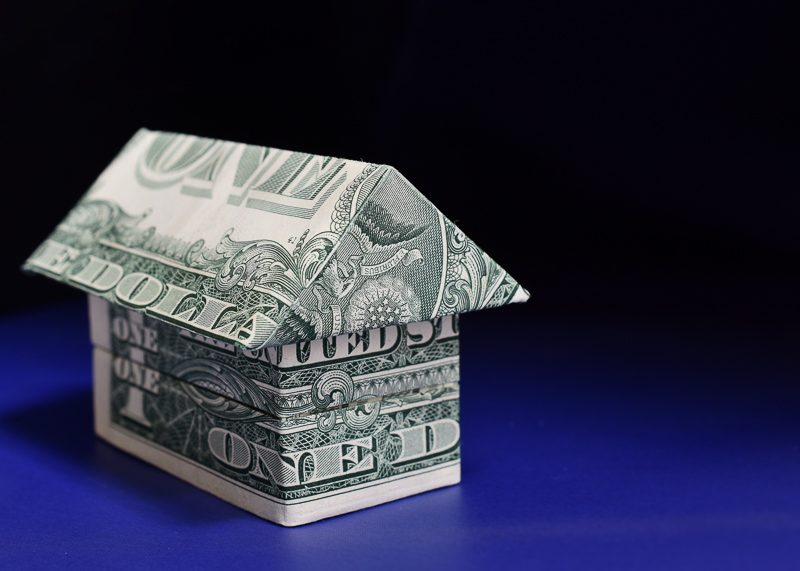If you’ve never been through the home-buying process, some of the terminology can seem a bit foreign. One of the many phrases you might come across is earnest money.
When making an offer on a home, it is often encouraged to include earnest money with that offer. Earnest money is a payment of 1-3% of the offer price that is intended to show the seller you are really interested in their property. The amount isn’t set in stone and it usually depends on the market. So how is that money used?
When you make it to closing, that earnest money will be directed towards any closing costs, down payments, or other items you would typically pay out of pocket. It is treated as a credit toward any expenses that come up in the process, and is in no way a bribe for the seller.
There are a few situations where your earnest money will be refunded if you don’t make it to close. This usually requires a stipulation or clause to be added to your offer, and those can vary. Financing not going through, the seller not being able to close, and an unacceptable home inspection are all reasons that if you are protected in your contract, you should receive your earnest money back. If you do decide to back out of the contract with no real reason other than changing your mind, the seller may be able to keep it.


Recent Comments